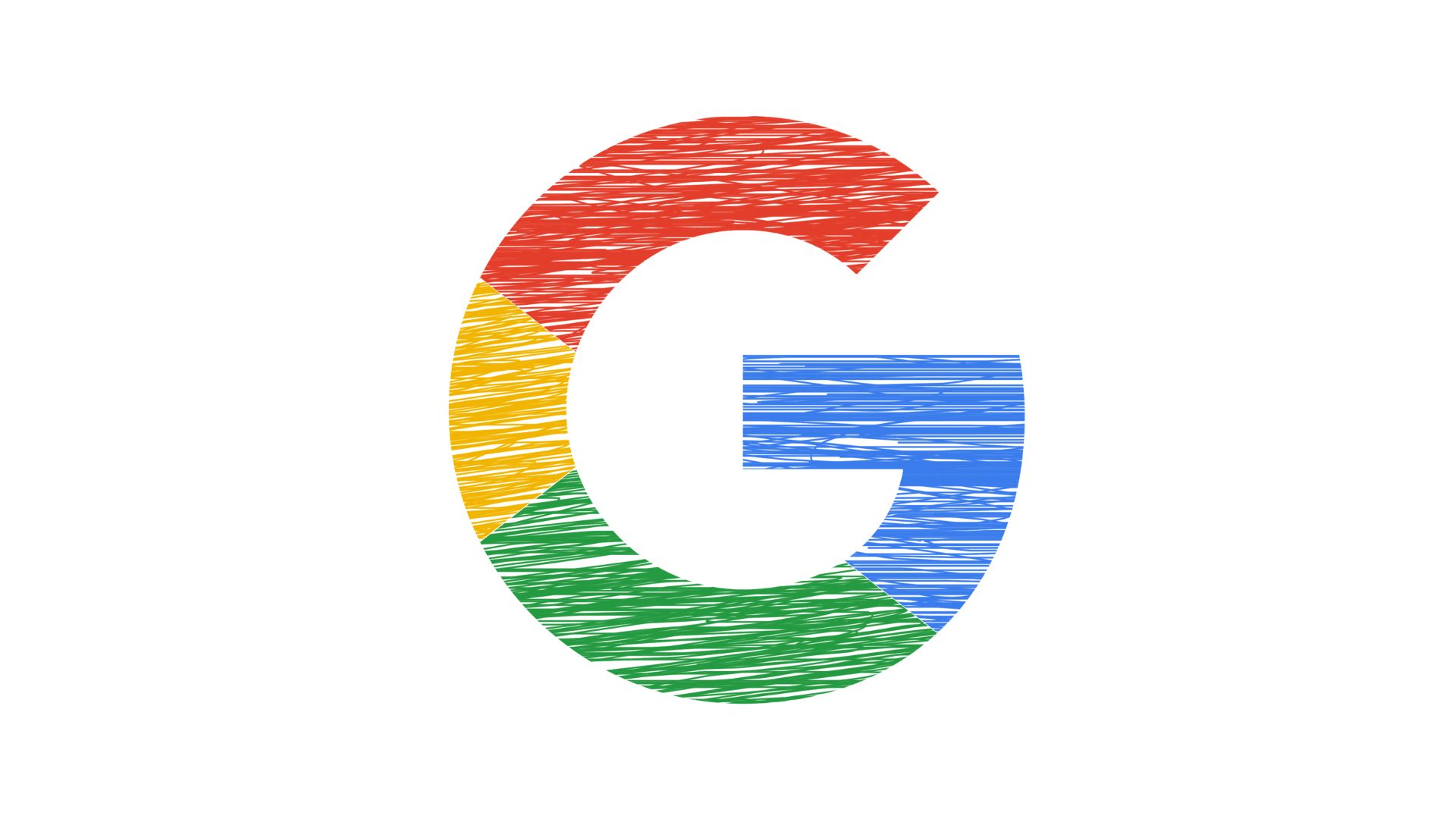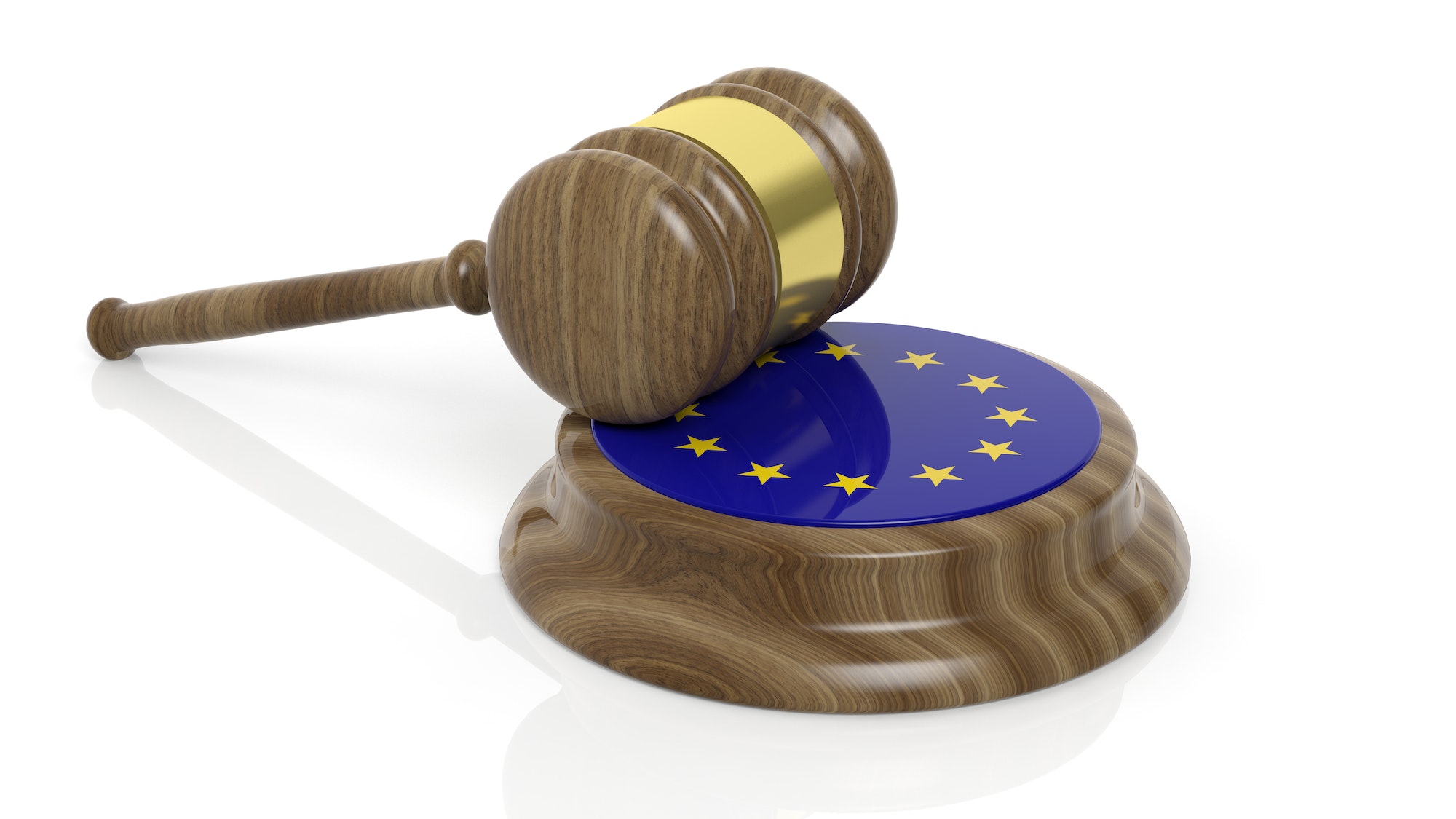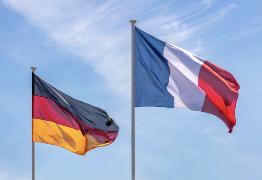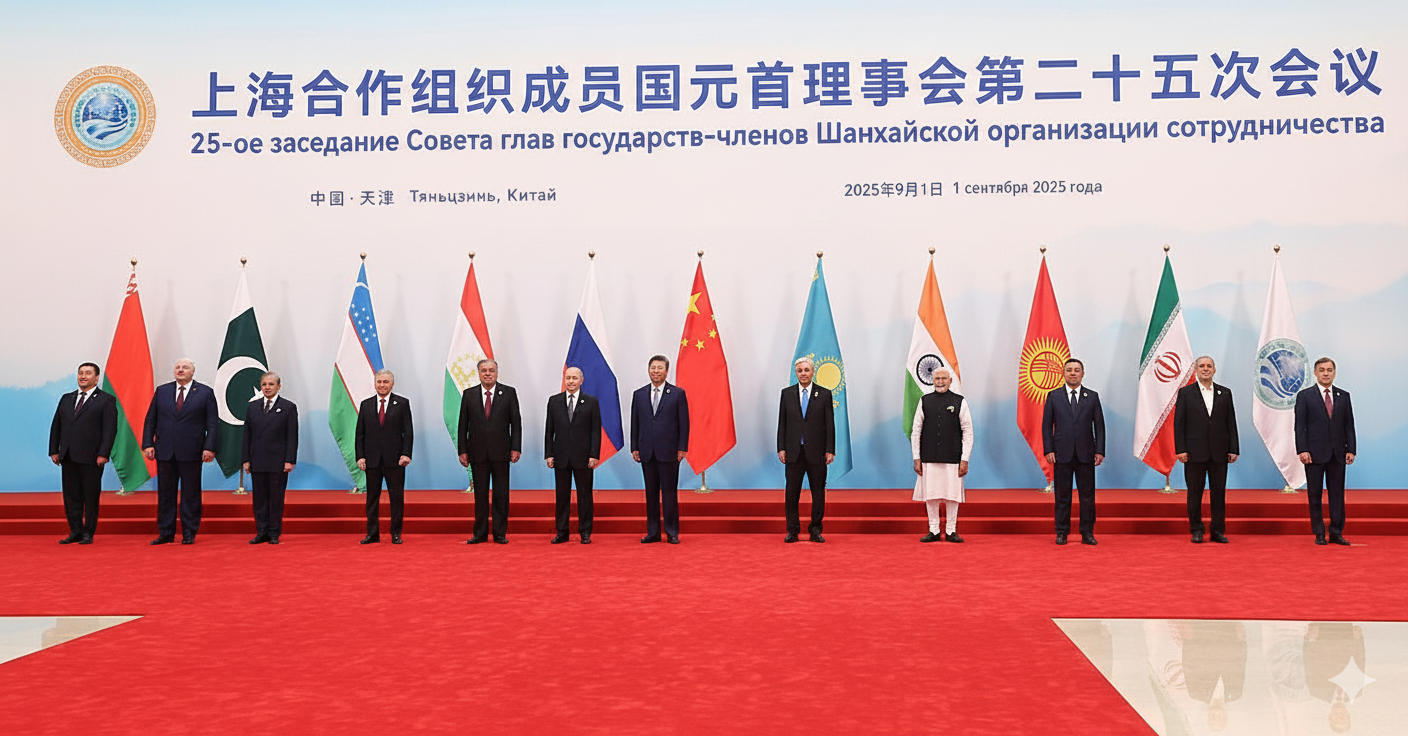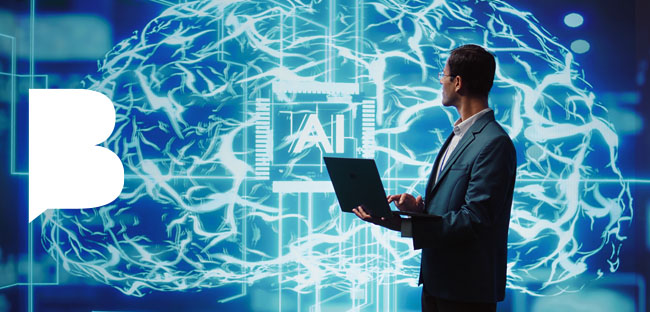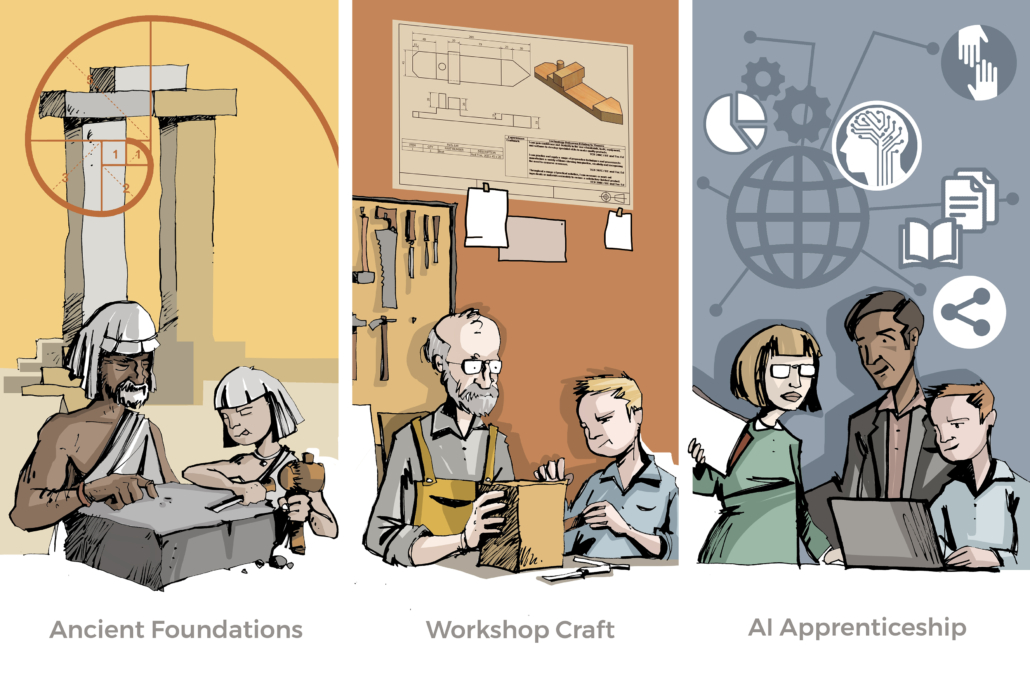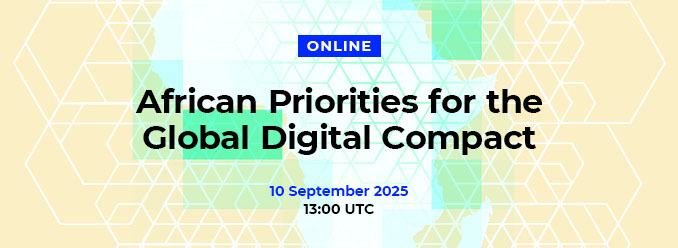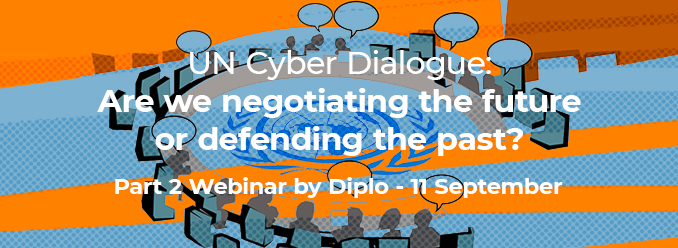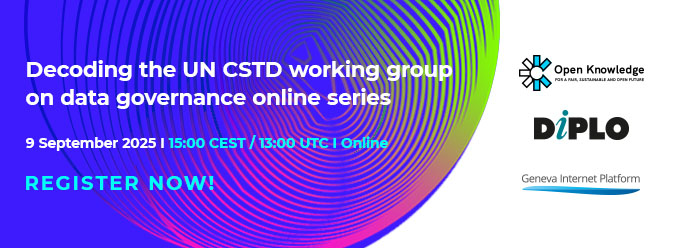
29 August – 5 September 2025
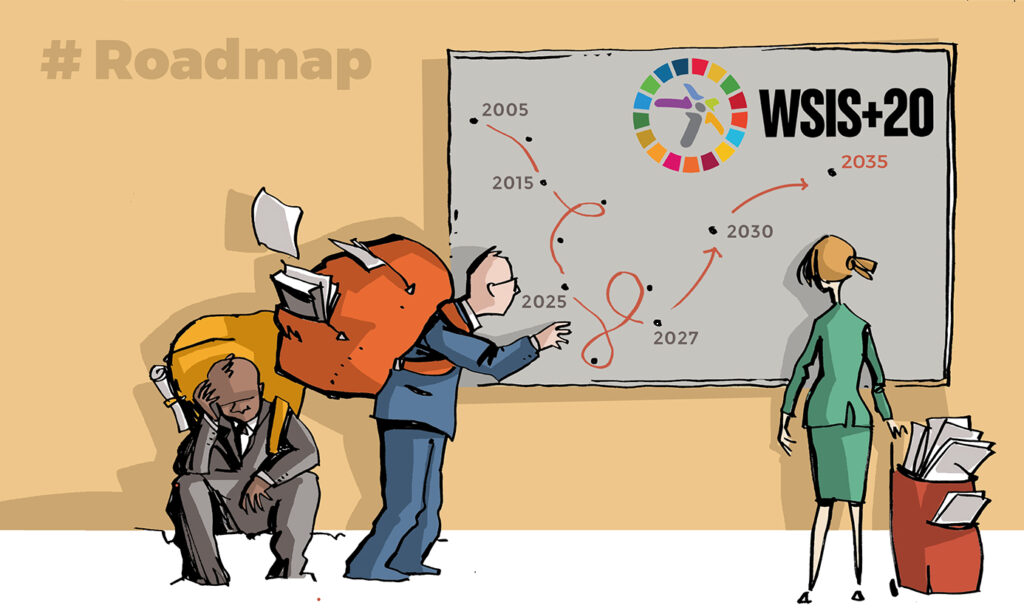
Dear readers,
In 2003-2005, a landmark UN summit – the World Summit on the Information Society (WSIS) – outlined a vision for an inclusive information society, set out recommendations for making this vision a reality, and laid the basis for much of what we call today the global digital governance architecture. Twenty years later, UN member states are looking at progress made in achieving the goals set back then and areas requiring further effort, as well as at whether the WSIS architecture needs updates. This unfolding WSIS+20 review process will end in December 2025 with a high-level meeting of the UN General Assembly. In the lead-up to the meeting, negotiations and consultations are now focused on concrete text for what will become a WSIS+20 outcome document. This concrete text – called the zero draft – was released last week.
Digital divides and inclusion take centre stage in the zero draft. While connectivity has expanded – 95% of the global population is now within reach of broadband, and internet use has grown from 15% in 2005 to 67% in 2025 – significant gaps remain. Disparities persist across countries, urban and rural areas, genders, persons with disabilities, older populations, and minority language speakers. The draft calls for affordable entry-level broadband, local multilingual content, digital literacy, and mechanisms to connect the unconnected, ensuring equitable access.
The digital economy continues to transform trade, finance, and industry, creating opportunities for small and women-led businesses but also risks deepening inequalities through concentrated technological power and automation. Against this backdrop, the draft outlines a commitment to supporting the development of digital financial services, and a call for stakeholders to foster ‘open, fair, inclusive and non-discriminatory digital environments.
Environmental sustainability is a key consideration, as ICTs facilitate monitoring of climate change and resource management, yet their growth contributes to energy demand, emissions, and electronic waste. Standing out in the draft is a call for the development of global reporting standards on environmental impacts, and of global standards for sustainable product design, and circular economy practices to align digital innovation with environmental goals.
The Zero Draft reaffirms human rights, confidence and security, and multistakeholder internet governance as central pillars of the digital ecosystem. Human rights are positioned as the foundation of digital cooperation, with commitments to protect freedom of expression, privacy, access to information, and the rights of women, children, and other vulnerable groups. Strengthening confidence and security in the use of technology is seen as essential for innovation and sustainable development, with emphasis on protecting users from threats such as online abuse and violence, hate speech, and misinformation, while ensuring safeguards for privacy and freedom of expression.
The draft outlines a series of key (desirable) attributes for the internet – open, free, global, interoperable, reliable, secure, stable – and highlights the need for more inclusive internet governance discussions, across stakeholder groups (governments, the private sector, civil society, academia, and technical communities) and across developed and developing countries alike.
To advance capacity building in relation to AI, the draft proposes a UN AI research programme and AI capacity building fellowship, both with a focus on developing countries. In parallel, the draft welcomes ongoing initiatives such as the Independent International Scientific Panel on AI and the Global Dialogue on AI Governance.
Recognising the critical importance of global cooperation in internet governance, the draft designates the Internet Governance Forum (IGF) as a permanent UN body and calls for enhanced secretariat support, enhanced working methods, and reporting on outcomes to UN entities and processes (which are then called to duly take these outputs into account in their work). The long-discussed issue of IGF financial sustainability is addressed in the form of a request for the UN Secretary-General to make proposals on future funding.
Finally, the draft looks at the interplay between WSIS, the Global Digital Compact and the 2030 Agenda for Sustainable Development, and outlines several mechanisms for better connecting them and avoiding duplication and overlaps. These include a joint WSIS-GDC implementation roadmap, the inclusion of GDC review and follow-up into existing annual WSIS mechanisms (at the level of the Commission on Science and Technology for Development and the Economic and Social Council), and reviews in GDC-WSIS alignments at the GA level Speaking of overall reviews, the draft also envisions a combined review of Agenda 2030 and of outcomes of the WSIS-GDC joint implementation roadmap in 2030, as well as a WSIS+30 review in 2035.
Looking ahead
The Zero Draft sets the stage for intense negotiations ahead of the December 2025 High-Level Meeting. Member states and other stakeholders are invited to submit comments until 26 September. It then remains to be seen what a second version of the outcome document will look like, and which elements are kept, revised, or removed.👉 Follow the process with us on our dedicated web page, where we will track key developments, highlight emerging debates, and provide expert analysis as the negotiations unfold.
DW Team
Highlights from the week of 29 August – 5 September 2025
The model is designed to boost innovation while remaining fully transparent and accessible to all.
The USA revoked TSMC’s licence to ship advanced technology to China, adding pressure to global semiconductor supply chains.
The ruling bars Google from exclusive distribution deals for products like Search, Chrome and Gemini.
The EU General Court upheld the EU–US Data Privacy Framework, rejecting claims it lacks adequate safeguards and independence in oversight of US data practices involving personal data from the EU.
The document flagship outlines projects in AI, quantum, cloud, and space, promotes a Franco-German digital ecosystem for public services, and sets the stage for the 2025 European Digital Sovereignty Summit.
A joint cybersecurity advisory details how Salt Typhoon exploited unpatched network-edge devices to infiltrate telecommunications, military and government systems across 13 countries.
The SCO Tianjin Declaration emphasised cyber sovereignty, inclusive AI development, global cybersecurity norms, and stronger cooperation in the digital economy.
A global report found 63% of employers say AI has significantly boosted productivity at work.
READING CORNER
As classrooms and negotiation tables fill again, a pressing question lingers: where is AI headed? This summer marked a turning point, as the ‘bigger is better’ narrative faltered. This blog captures ten key lessons from a season of AI disillusionment.
Why apprenticeship and storytelling are the future of learning in the AI Era AI is forcing us to ask a deeper question: what is the real purpose of learning?
UPCOMING EVENTS
The webinar will bring together African experts from technology, development, diplomacy and policy domains to discuss which digital issues must be urgently prioritised to keep Africa on course in a rapidly changing world.
In this one-hour session, several experts – Asoke Mukerji, Isaac Morales Tenorio, and Fan Yang will debate the future of global cyber negotiations — tackling obstacles, testing new ideas, and asking whether the UN dialogue can move from compromise to real progress.
This session provides a key platform for the international community to discuss, promote, and protect human rights worldwide.
The event will discuss the progress made by the Multi-Stakeholder Working Group on Data Governance and the expectations for the next meeting, which will take place on 15-16 September.



